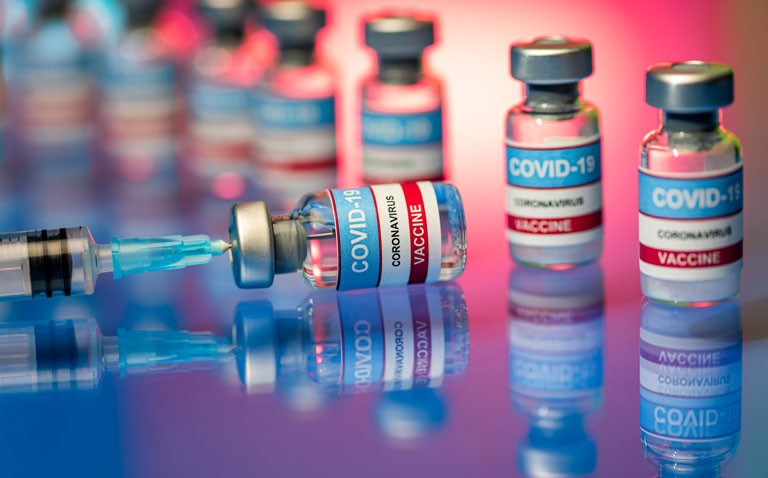Further analysis of clinical studies using the AstraZeneca/Oxford COVID-19 vaccine suggests that the UK strategy of providing a booster dose after 12 weeks provides a substantial benefit.
There has been much speculation in the media over the dosing schedule for the current COVID-19 vaccines. However, the ChAdOx1 nCoV-19 (AstraZeneca/Oxford) vaccine was originally tested in two regimes: either 4 or 12 weeks apart. According to the team at Oxford behind the development of the vaccine, one of the studies was specifically designed to be a single dose study but amended to include a second dose after immunogenicity data suggested a substantial increase in neutralising antibody levels after a second dose. As some of the trial participants did not consent to having a second dose of the COVID-19 vaccine, the researchers were left with a cohort who could be further examined to determine the efficacy and extent to which antibodies are maintained from a single dose. Data was available from three single-blind, randomised trials in the UK (COV001/COV002) and COV003 in Brazil and one double-blind study from South Africa (COV005). The primary outcome for the study was symptomatic COVID-19 which they defined as someone with a PCR positive test result and at least one qualifying symptom (e.g., cough, shortness of breath, fever). Furthermore, a secondary analysis was of cases occurring more than 21 days after the first dose.
Findings
There were 20,655 ChAdOx1 nCoV-19 participants who received a single vaccination. Among these individuals, there was a total of 37 PCR positive tests and symptomatic patients, between days 22 and 30 after the single dose (7 vs 30, vaccinated vs placebo). There were also 24 PCR positive tests, but asymptomatic patients during the same timeframe (11 vs 13, vaccinated vs placebo). Overall, there were a total of 88 symptomatic PCR positive cases between days 22 and 90 giving a vaccine efficacy of 76% (95% CI 59–86%). When combined with data for asymptomatic PCR positive results, there was a total of 112 cases (28 vs 84, vaccinated vs placebo), giving an overall vaccine efficacy of 67% (95% CI 49%–78%). In addition, COVID-19 antibodies after a single vaccination declined from a peak at day 28, by 33% after 90 days and by 64% after 180 days. While the study did not assess whether vaccination protected against transmission, the authors suggested that as the PCR positive test rate was reduced, this could serve as a measure of the reduction in disease burden.
They concluded that a single vaccination provides a substantial level of protection and may represent an effective strategy when supplies are limited.
Citation
Voysey M et al. Single dose administration, and the influence of the timing of the booster dose on immunogenicity and efficacy of ChAdOx1 nCoV-19 (AZD1222) vaccine. https://papers.ssrn.com/sol3/papers.cfm?abstract_id=3777268










